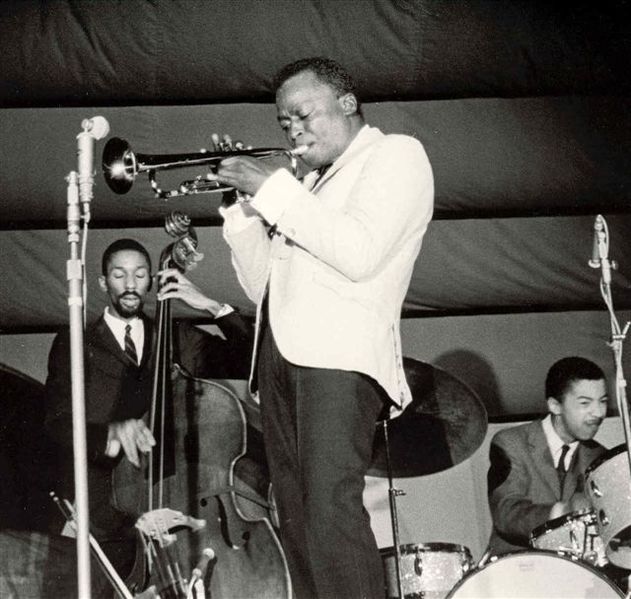Music has been an art form that has fundamentally influenced and shaped humanity. Music is present in all parts of life, and can be listened to passively or somewhat intensely and closely. We hear it during celebration and times of joy as well as times of sadness or remembrance. Music weaves its way into people's lives in whatever the situation, and can be a tool for relaxing, celebrating, or grieving. It is arguably the most universal language that exists among humans, as you could likely go to any place in the world and bring a song, and the emotion that the song conveys would be universally felt and understood. For me personally, music has taught me so much about culture and history, as I have studied the music of past musicians. Learning how to play music has expanded my creativity and ability to express myself musically. As such a key part of life, you might wonder how exactly music has the powerful effect that it does. How do musical sounds affect our brains, and when you listen to music, how are you responding?
The Chemical Effects of Music
The Greater Effects of Music
Now, being that music has such powerful physical effects on your state of being, it is important to understand the effects that the physical reactions of music have on how you feel and what you think! Dopamine is a chemical commonly associated with feelings of pleasure and reward, and is also released through the use of drugs or even eating food. However, this chemical does not just control mood. Your dopamine levels can impact your kidneys, blood vessels, processing of pain, and even movement. This chemical that transmits signals to different parts of the body is very important to maintain at a healthy level, as too much dopamine in the brain can lead to schizophrenia, and too little dopamine can lead to other disorders such as ADHD.
The science of music has also led to the discovery of fascinating effects that music can have on people struggling with different illnesses. For example, people suffering from Alzheimer's disease and other illnesses involving memory loss have been shown to respond to music that they might have experienced in their past. It remains stored in their memory, despite the loss of other physical memories. This is because music is stored in memory in a different area of your brain than memories of things besides music. This musical memory region is not affected by many memory-loss diseases including Alzheimer's. The rhythmic aspects of music have also shown the ability to aid the ability to move in patients suffering from Parkinson's disease. These musical benefits demonstrate the deep connection music has to humanity. It can ease our pain, inspire memory when remembrance is difficult, and completely alter our mood through the dopamine it causes to be released. Our connection to music is so fundamental within our brains, and music is often considered the last thing to stick with us in comprehension and memory as we age. It is truly mind-blowing how fundamentally humans are connected to music, and it is no wonder that it exists as somewhat of a global language, played in cultures all across the world.

*Arrow in bottom left of image can be ignored, image cropped from original source


I saw on a TV show that there was this guy who had a wife who had Alzheimer's, and he would sing the song that played on their wedding day when she was confused to soothe her. Now I know why he did that!
ReplyDeleteReading this really helped me understand how music has such a big impact on us! I also never knew that music therapy could help people suffering from Alzheimer's.
ReplyDeleteI recently read something about a woman with Alzheimer's who used to be a pianist, and even though she was losing her memory she was still able to play the music she used to know on the piano. Very interesting post!
ReplyDeleteReally interesting how people remember music when they begin to forget things
ReplyDeleteI didn't know dopamine had so many purposes that weren't related to mood! It was cool to learn so much about dopamine
ReplyDeleteIt was really cool to read about the metabolic pathway that leads to the synthesis of dopamine and about how it is released when we listen to music!
ReplyDeleteIt was really cool to look at music from a different perspective. It was interesting to read about all the ways music can impact our lives.
ReplyDeleteI never knew musical affected us that much on the biological level.
ReplyDelete